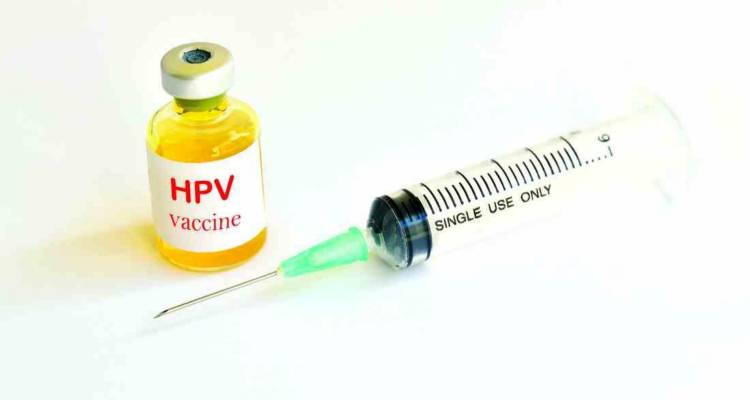
HPV Vaccine: Why Women Are Not Taking Steps To Prevent Cervical Cancer
Cervical cancer can be prevented by taking a vaccine against human papilloma virus (HPV). The vaccine is very effective in preventing cervical cancer and other types of cancers, yet a lot of women have not been vaccinated. Reports have shown that only a few teenage girls have taken this vaccine.
Since the efficacy of the vaccine HPV has been proven, many people cannot help but wonder why most women are yet to be vaccinated. Some persons claim that the doctors are to be held responsible for not creating awareness to their patients about the need for a vaccine, while some others blame women for refusing to get the vaccine and some parents who have not taken their girls and boys to the clinic to get vaccinated.
HPV vaccine and cervical cancer
HPV is a commonly transmitted infection through sexual intercourse, and there are more than a hundred strains of the virus. Some strains cause warts and cervical dysplasia. If these conditions remain untreated, they could develop into cervical cancer.
Cervical cancer is one of the most common types of cancer in women that results from HPV infection. Other HPV-related cancers include vaginal and vulva cancer. Men may develop cancer of the throat, penis or anus from an HPV infection. HPV causes cancer of the head and neck in both men and women.
Vaccines are available for HPV-16 and HPV-18, which are the most common causes of HPV-related cancers. These strains of HPV occur the most, andvaccines for them are meant to be taken by boys and girls of 11 - 12 before they become sexually active.
Who isto blame for the low vaccination rate? Doctors
A survey found that most doctors do not advice girls and boys to getthe HPV vaccine at the recommended age. Even when these boys and girls visit the clinic to get other vaccines, they are not told about the HPV vaccine.
Doctors play a vital role in getting people vaccinated, and if they become more vocal about vaccines for HPV vaccines to their patients, the percentageof thosevaccinated is bound to increase.
Physicians, especially those in primary health care, paediatricians, and family doctors who see young boys and girls are advised to encourage them to take thevaccine. OB-GYNs are also not left out as most of their patients, especially those in their 20s are yet to be vaccinated.
Who is to blame for low vaccine rates? Patients
Some patients do not take their doctor's advise seriously, and this also applies to when they are told to get their HPV vaccine.
Another cause of low vaccination rate on the side of the patients is that some persons feel theyare above the age of vaccination. In the past 15 - 20 years, a lot of vaccines have been made like hepatitis and chickenpox vaccine. Most adults feel that they have been doing just fine without these vaccines and so, they and their children do not need them now.
Some other people feel that there are a lot of downsides of vaccine and they cause illnesses like autism, so it is better to steer clear of them.
Another faction of people feel that there is no need to vaccinate their sexually inactive 11 - 15 years olds as the deadly strains of the virus can only be transmitted through sex, but in reality, most teenagers are sexually active.
How to improve HPV vaccination rate
The best way to improve the rate of HPV vaccination is for health care providers to make HPV vaccination a priority.
You should also ensure that you are up-to-date on all your vaccines, including that of HPV. Your teenagers should not be left out too.
For your private HPV vaccine, you can get it at Gynaecology Clinic in London. Call us now on 020 7183 0435 to book an appointment for your HPV vaccine.











